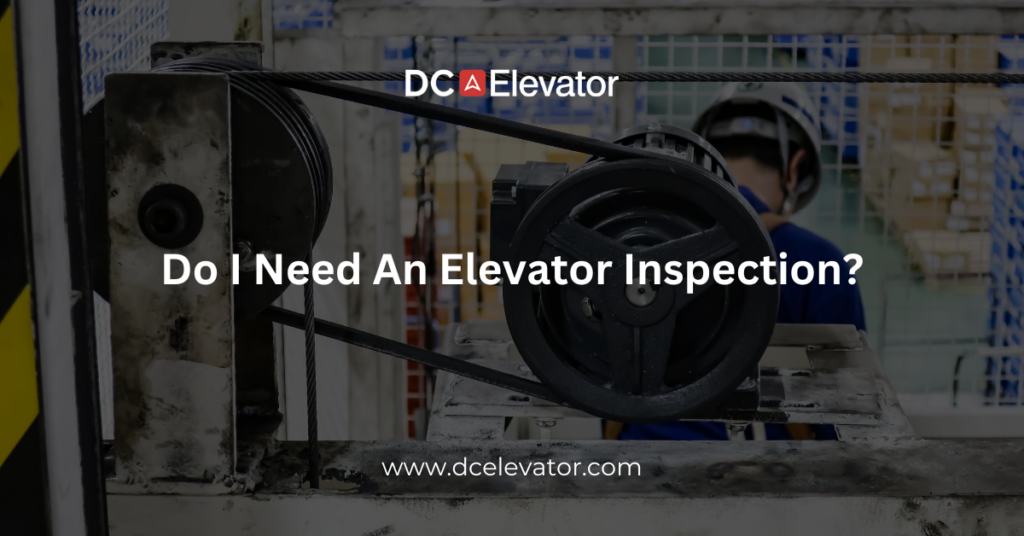Elevators are an integral part of modern buildings, providing convenient and efficient transportation between floors. However, like any mechanical system, elevators require regular maintenance and inspection to ensure they operate safely and reliably. In this blog post, we will explore the importance of elevator inspections, who needs them, and what to expect during an inspection.
Why Elevator Inspections Matter
Elevator inspections are crucial for several reasons:
- Safety: Elevators carry people and goods, making safety a top priority. Regular inspections help identify and address potential safety hazards, reducing the risk of accidents.
- Legal Compliance: Many jurisdictions have laws and regulations that require elevators to undergo periodic inspections. Failure to comply can result in fines and legal consequences.
- Preventive Maintenance: Inspections can catch minor issues before they become major problems, extending the lifespan of your elevator and reducing repair costs.
- Insurance Requirements: Some insurance companies may require proof of regular elevator inspections to maintain coverage. Compliance can lead to lower insurance premiums.
Who Needs Elevator Inspections?
Determining if you need an elevator inspection depends on various factors, including your location, type of building, and elevator usage. Here are some common scenarios:
- Commercial Buildings: Elevators in commercial buildings are typically subject to regular inspections as mandated by local regulations. This includes office buildings, shopping malls, and hotels.
- Residential Buildings: In many regions, elevators in residential buildings with three or more stories or units are subject to inspection requirements.
- Industrial Facilities: Elevators in industrial settings may require more frequent inspections due to heavy usage.
- Public Accessibility: If your building is open to the public, elevator inspections are often mandatory to ensure the safety of visitors.
- Age of the Elevator: Older elevators may need more frequent inspections to ensure they meet current safety standards.
It’s important to check with your local authorities and elevator maintenance professionals to determine the specific inspection requirements for your situation.
What Happens During an Elevator Inspection?
Elevator inspections are typically carried out by certified elevator inspectors or inspection companies. Here’s what you can expect during an inspection:
- Visual Inspection: The inspector will examine the elevator components, including the cab, doors, hoistway, and machinery, for signs of wear, damage, or non-compliance with safety standards.
- Operational Tests: The elevator will be put through a series of tests to ensure it operates safely and efficiently. This includes checking door sensors, emergency stop buttons, and safety mechanisms.
- Documentation Review: The inspector will review maintenance records to ensure that the elevator has been properly maintained and serviced.
- Compliance Assessment: The elevator will be assessed for compliance with local and national elevator codes and regulations.
- Report and Recommendations: After the inspection, you will receive a detailed report outlining any issues found and recommendations for repairs or maintenance.
